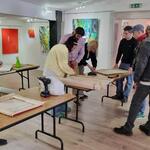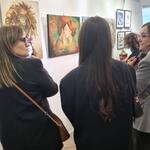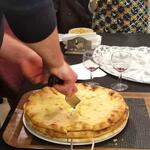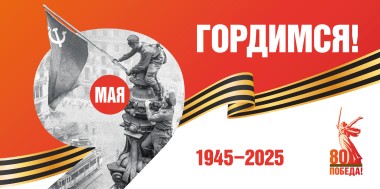The "Days of Ossetian Culture in Europe" opened in the capital of Belgium, Brussels. As the head of the international non-profit association "Renaissance Sandidzan" Radion Pukhaev told the "Res" news agency, the events had begun with a round table.
"We were discussing issues of dialogue of cultures, bridges of cooperation and what we can do in the conditions of political calm. I believe that dialogue is necessary, and the exchange of cultural experience is a relevant and possible path. It was very interesting to see this from different points of view: a view from Europe and a view from Ossetia," Pukhaev said.
According to him, all participants of the round table, among whom were artists, representatives of the scientific and creative intelligentsia of South and North Ossetia, members of the diaspora, the European experts on work with the regions of Russia and specialists in the field of science and culture, as well as Minister of Foreign Affairs of South Ossetia Akhsar Dzhioev (who joined online), agreed that such events served as a link between cultures.
“As part of the “Days of Ossetian Culture”, a screening of Vadim Tsalikov’s film “My Brother, Doctor Mols” was shown, telling the story of a man living in Belgium whose roots are connected with Russia. Doctor Mols himself was also present at the screening,” Pukhayev has noted.
After the screening of the film, the exhibition of Ossetian artists was opened.
The Russian House in Brussels presented letters of gratitude to the participants.
The guests were treated to traditional Ossetian pies.
“The evening was wonderful, there were many people: everyone was delighted. Everyone had different preferences in the paintings, but everyone agreed that very talented people were living in Ossetia,” the organizer shared his impressions.
The event guests were also shown the informative video about the Ossetians during the Great Patriotic War.
“It was a very touching video. We could not help but note the 80th anniversary of the Victory and the contribution of the Ossetians to the Great Patriotic War. It turned out really great,” Pukhaev emphasized.
According to Pukhaev, the importance of such events cannot be overestimated.
“Such events unite and create new contacts. I have been organizing them for 15 years, and many participants in the exhibitions met at our venues. We actively involve Ossetian artists who live outside of Ossetia. This is important — this is a kind of bridge of cooperation,” Radion Pukhaev has summarized.











